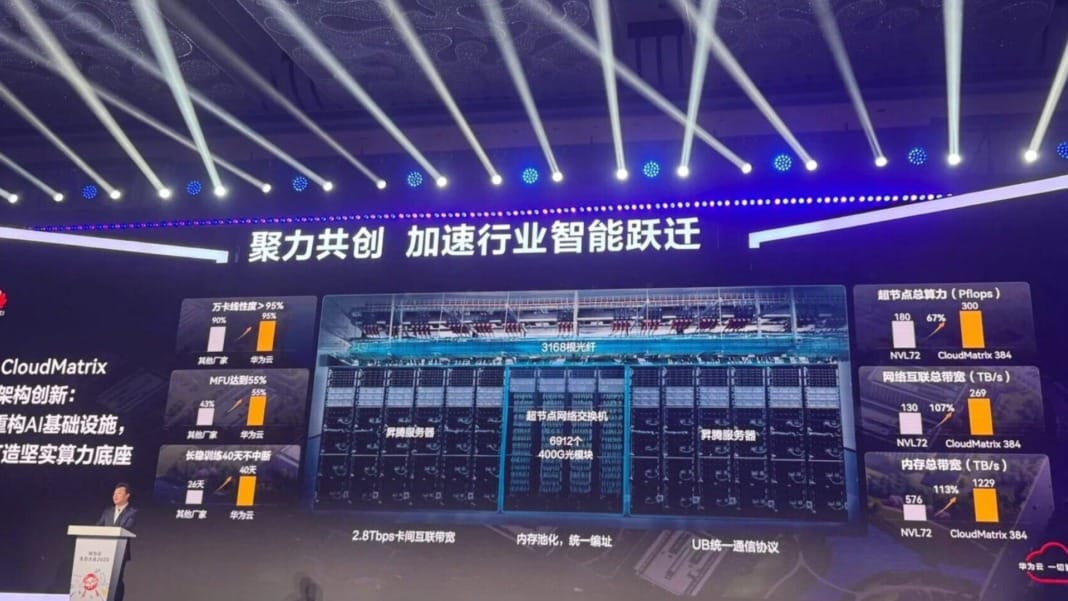As demand for artificial intelligence (AI) services continues to surge, Alibaba Cloud is preparing to open its second data centre in South Korea. This marks a major step in the company’s global expansion and a response to the growing need for high-performance cloud services driven by generative AI technologies.
The new facility is expected to go live by the end of June, helping to strengthen Alibaba Cloud’s infrastructure in one of Asia’s most advanced digital markets. If you’re following the rise of cloud computing and AI in the region, this development shows how much momentum is building in South Korea’s tech space.
Meeting rising demand for AI services
According to Yoon Yong-joon, country manager of Alibaba Cloud in South Korea, the new data centre is being introduced to match the increasing demand across industries for advanced digital solutions. “In line with the rapid advancement of AI-based technologies and increasing digital demand across industries, Alibaba Cloud has been continuously expanding its infrastructure in South Korea,” Yoon said.
He added that the second data centre will give customers access to more resilient and flexible cloud environments. This move is designed to support AI innovation and broaden the country’s digital ecosystem.
Data centres play a key role in cloud computing, offering the physical space and technical infrastructure needed to store and process large volumes of digital information. With cloud-based services, users can access data, software, and hardware online anytime and anywhere. As a result, companies can scale their operations quickly while maintaining reliability and performance.
A larger investment in global AI leadership
Alibaba Cloud is not just expanding in South Korea — it’s part of a much wider global push. The company has pledged to invest at least US$53 billion over the next three years to strengthen its AI infrastructure and solidify its position as a leading provider of AI solutions.
A central part of Alibaba’s AI drive is its Qwen family of open-source AI models. These have gained significant popularity among developers globally, offering flexible and powerful tools for building AI applications. If you’re developing AI software, models like Qwen will become increasingly relevant in your work.
Since entering the South Korean market in 2016, Alibaba Cloud has expanded steadily. It launched its first local data centre in Seoul in 2022 and now operates 87 availability zones across 29 regions, making it the largest Chinese cloud service provider globally.
Strong local adoption and future outlook
In South Korea, several high-profile companies have already embraced Alibaba Cloud’s AI technology. These include AI solution provider Univa and Snow, the popular messaging app backed by Naver. Both companies are using Alibaba Cloud’s models to support the creation and scaling of their AI applications.
Cloud services are now one of Alibaba’s most important business pillars. In the first quarter ending in March, Alibaba Cloud reported an 18% year-on-year revenue increase, reaching 30.13 billion yuan (approximately US$4.15 billion). This marks its fastest growth in three years.
Suppose you’re watching developments in the cloud and AI sectors. In that case, Alibaba Cloud’s expansion in South Korea clearly shows how serious the company is about staying at the forefront of global innovation.




